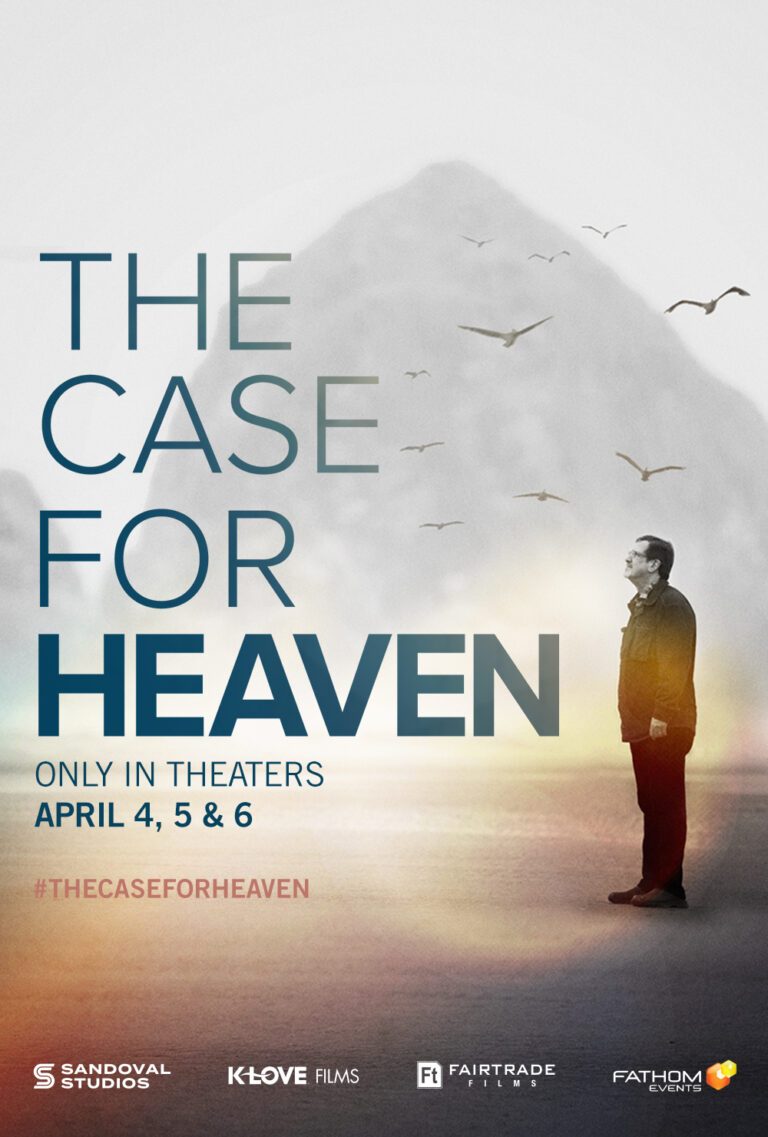
Report: Post-Pandemic Church Attendance on The Rise
By Movieguide® Staff
Recent reports from Christian outlets reveal that church attendance rose post the Covid-19 pandemic.
According to a Rasmussen Reports survey from April, Easter church services had higher attendance than the year before.
“More Americans Will Attend Church This Easter Thursday, April 14, 2022,” they wrote on Twitter of the survey. “As life returns to normal following the COVID-19 pandemic, slightly more Americans expect they’ll celebrate Easter Sunday in church.”
Moreover, a new study from Christianity Today revealed that more millennials attend church now compared to before the pandemic.
“More millennials attend church weekly now than before the start of the pandemic. According to a Barna group survey of 13,000 adults, roughly 16 percent of regular churchgoers have not returned to services at all in 2022, but weekly attendance among those born between 1981 and 1996 has risen from 21 percent to 39 percent this year,” the report found.
Despite the higher church numbers, a June Gallup poll revealed that fewer people believe in God.
According to the survey, most U.S. adults — 81 percent — believe in God. But while that figure seems high, it is actually the lowest percentage ever reported in this survey. Up until 2011, over 90 percent said they believed in God, but the number has continued to drop, now down eight points from the 89 percent who expressed belief in God in 2016. The previous low was set in 2014, when 86 percent said they believed in God.
When Gallup asked the same question in 1953, 1954, 1965, and 1967, 98 percent said they believed in God.
Overall, 17 percent currently say they do not believe in God, and according to the survey’s findings, young people and leftists are the most likely not to believe.
Movieguide® previously reported on the effect that screens and digital forms of worship have had on millennials:
A new study revealed that in an age of the online school, digital worship, and smartphone connections, millennials still carve out time for in-person interaction when it comes to church.
The study, conducted by University of Waterloo sociologist Sarah Wilkins-Laflamme, discovered that a minority of millennials from the United States and Canada (32%) rely on digital worship and fellowship once a month. Only 5% of that number said that they did so without some form of in-person interaction.
While sermons on YouTube, Christian podcasts, and social media all lend a unique opportunity to learn and discuss God’s word, many still believe there is no substitute for in-person church.
“For the most part, people are both involved in person and supplement that through digital religion,” Wilkins-Laflamme said. “The overall takeaway for me was that digital religion is definitely a thing, but it’s a thing that only a chunk of the (millennial) population does.”
Pauline Cheong, a professor at Arizona State University and unconnected to the above study, said that “digital religion” has not replaced church but has become supplemental.
“(Digital religion) is not a disruption or huge tear in the social fabric,” Cheong said. “There are a lot of savvy religious users using it to complement existing ties (to religion).”
According to Wilkins-Laflamme, the study took in a large swath of digital activities for its results, such as using a digital bible app to watching spiritual-related TikToks on social media.
However, other studies point out that social media and other online activities like video games have decreased interest in in-person religious activity.
Paul McClure, a sociologist who studies religion and technology at the University of Lynchburg, recently conducted a study that revealed that for U.S. youth ages 13 to 19 years, increased screen time negatively impacts commitment to the church and other religious activities.
“We cannot say for sure that screen-based media is actively making adolescents less religious,” McClure’s study reads. “But it is clear that screen time either displaces or substitutes for religious belief, identity and practice among adolescents from religious families.”
Cheong added about the digital worship movement: “Moving forward, religious organizations and leaders need to do what they can to maintain and sustain the trust, to cultivate healthy relationships.”
Now more than ever we’re bombarded by darkness in media, movies, and TV. Movieguide® has fought back for almost 40 years, working within Hollywood to propel uplifting and positive content. We’re proud to say we’ve collaborated with some of the top industry players to influence and redeem entertainment for Jesus. Still, the most influential person in Hollywood is you. The viewer.
What you listen to, watch, and read has power. Movieguide® wants to give you the resources to empower the good and the beautiful. But we can’t do it alone. We need your support.
You can make a difference with as little as $7. It takes only a moment. If you can, consider supporting our ministry with a monthly gift. Thank you.
Movieguide® is a 501c3 and all donations are tax deductible.

Now more than ever we’re bombarded by darkness in media, movies, and TV. Movieguide® has fought back for almost 40 years, working within Hollywood to propel uplifting and positive content. We’re proud to say we’ve collaborated with some of the top industry players to influence and redeem entertainment for Jesus. Still, the most influential person in Hollywood is you. The viewer.
What you listen to, watch, and read has power. Movieguide® wants to give you the resources to empower the good and the beautiful. But we can’t do it alone. We need your support.
You can make a difference with as little as $7. It takes only a moment. If you can, consider supporting our ministry with a monthly gift. Thank you.
Movieguide® is a 501c3 and all donations are tax deductible.




 - Content:
- Content: 

